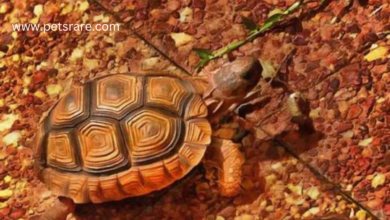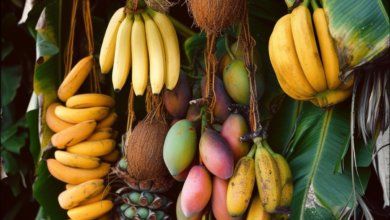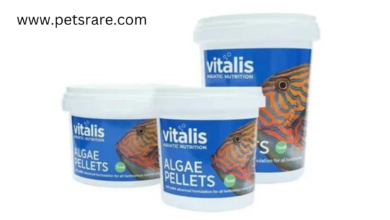Prepared Chameleon Chow: Raising your colorful companion
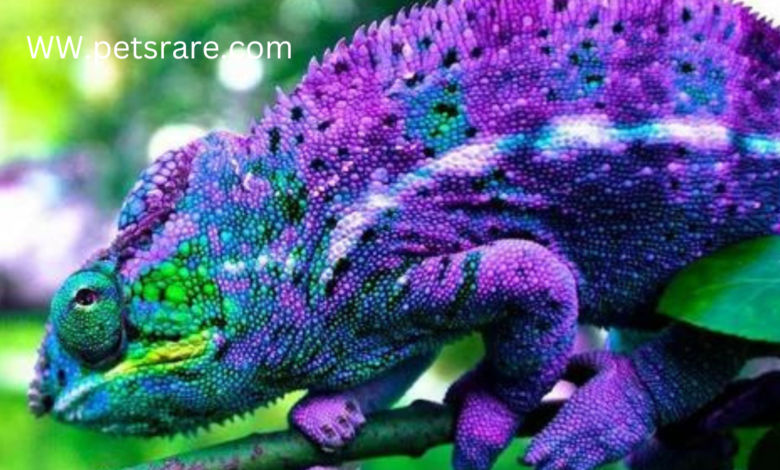
Prepared Chameleon Chow: Raising your colorful companion
Introduction
Chameleons, with their fascinating color changes and unique anatomy, require a special diet to thrive. While commercial chameleon diets are available, many hobbyists prefer to create custom feeding plans to meet their pet’s specific needs. This article provides insight into creating the right diet for your chameleon.

Understanding the nutritional needs of chameleons
- Insectivore Diet: Chameleons are primarily insectivores, eating a variety of insects.
- Calcium and Vitamin D3: Essential for bone health and prevention of metabolic bone disease.
- Hydration: Due to their unique physiology, chameleons get most of their water from their diet.
Creating a balanced diet
Living Insects:
- Cricket: A staple food, provides good protein and calcium.
- Dubia roaches: Contains more protein and less fat than crickets.
- Buckworms and Waxworms: An occasional treat, high in protein but also high in fat.
- Food Worms: should be served sparingly due to their high external content.
Gut loading bugs: - Feed insects a nutritious diet of vegetables, fruits and supplements before serving them to your chameleon.
*Addendum: - Regularly dust the insects with calcium and vitamin D3 powder.
- Offer a multivitamin supplement once or twice a week.
Frequency and amount of feeding
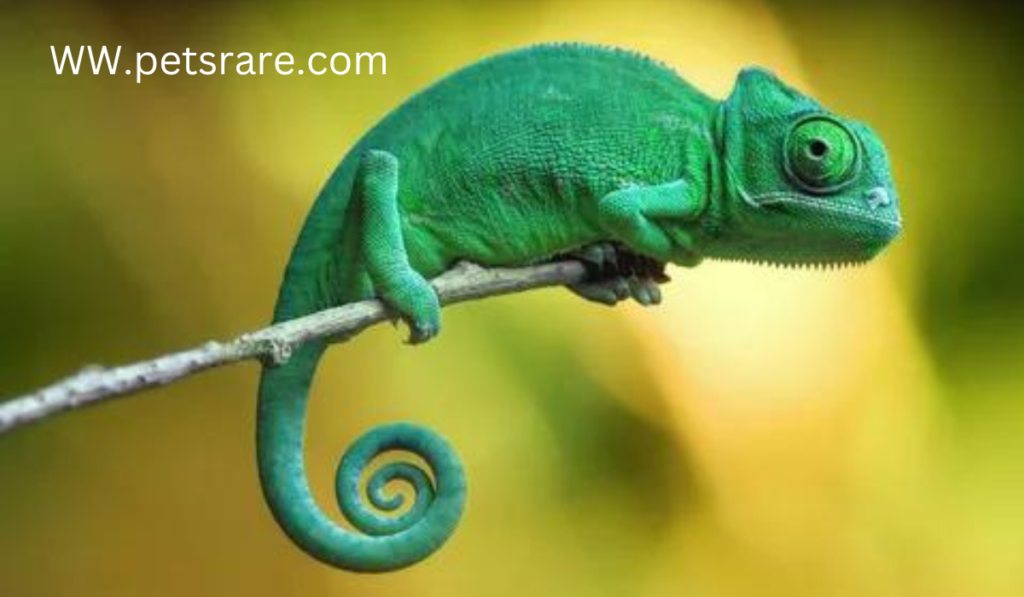

- Juvenile Chameleons: Requires more frequent feeding, usually twice a day.
- Adult Chameleons: May be fed every other day or less frequently.
- Portion Size: Serve an amount of insects that can be eaten within 15-20 minutes.
Table: Comparison of insect nutrition
| Insects Protein | thick Calcium |
|—|—|—|—|
| Cricket | Moderate Moderate Moderate
| Dubia roaches | High less Moderate
| Hornworm | High High less
| Waxworms | High High less
| Food bugs Moderate Moderate less
Common Mistakes to Avoid ###
- Overeating: Can lead to obesity and digestive problems.
** Lack of Variety:** A monotonous diet can lead to nutritional deficiencies. - Improper Supplementation: Improper use of supplements can cause health problems.
Frequently Asked Questions

- Can I feed my chameleon fruits and vegetables? Some chameleon species will eat plant matter, but it’s important to research your specific species.
- How often should I dust the worms with supplements? Worms with calcium and vitamin D3 twice a week and a multivitamin once or twice a week.
- Can I handle my chameleon after feeding? It is best to avoid handling the chameleon immediately after feeding to avoid stress.
Result
Providing a suitable diet for your chameleon is vital to their overall health and well-being. By offering a variety of insects and the right supplement, you can ensure your colorful companion thrives. Remember to observe your chameleon’s behavior and adjust the feeding regimen as needed.

[Picture of a chameleon eating a bug]
[Image of different insects for chameleons to eat]
Disclaimer: Always consult a veterinarian specializing in reptiles for specific advice on your chameleon’s nutritional needs.
